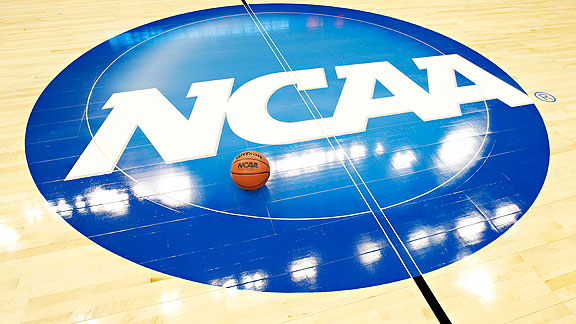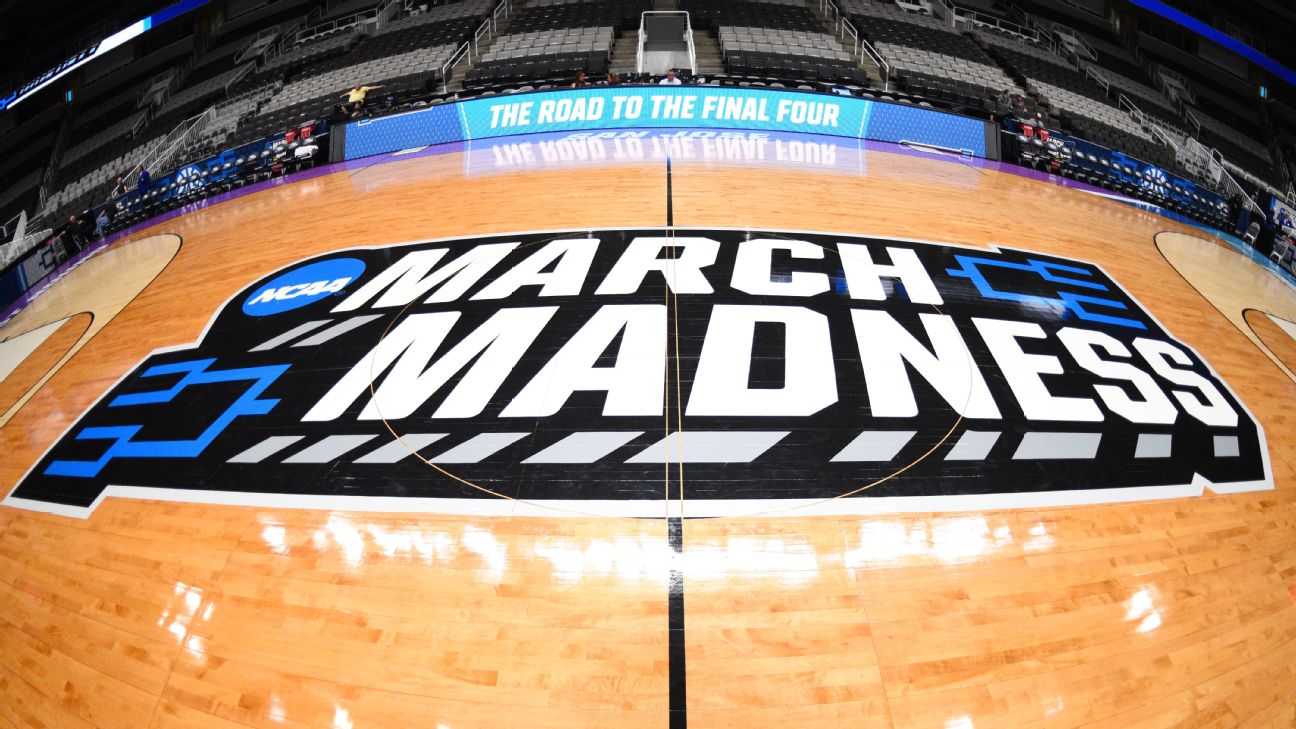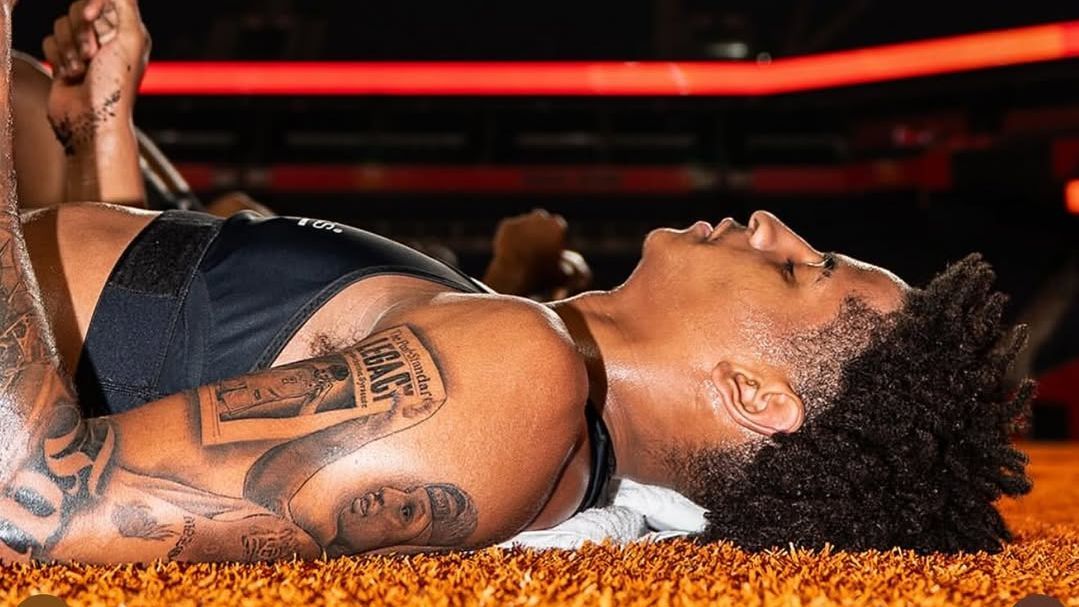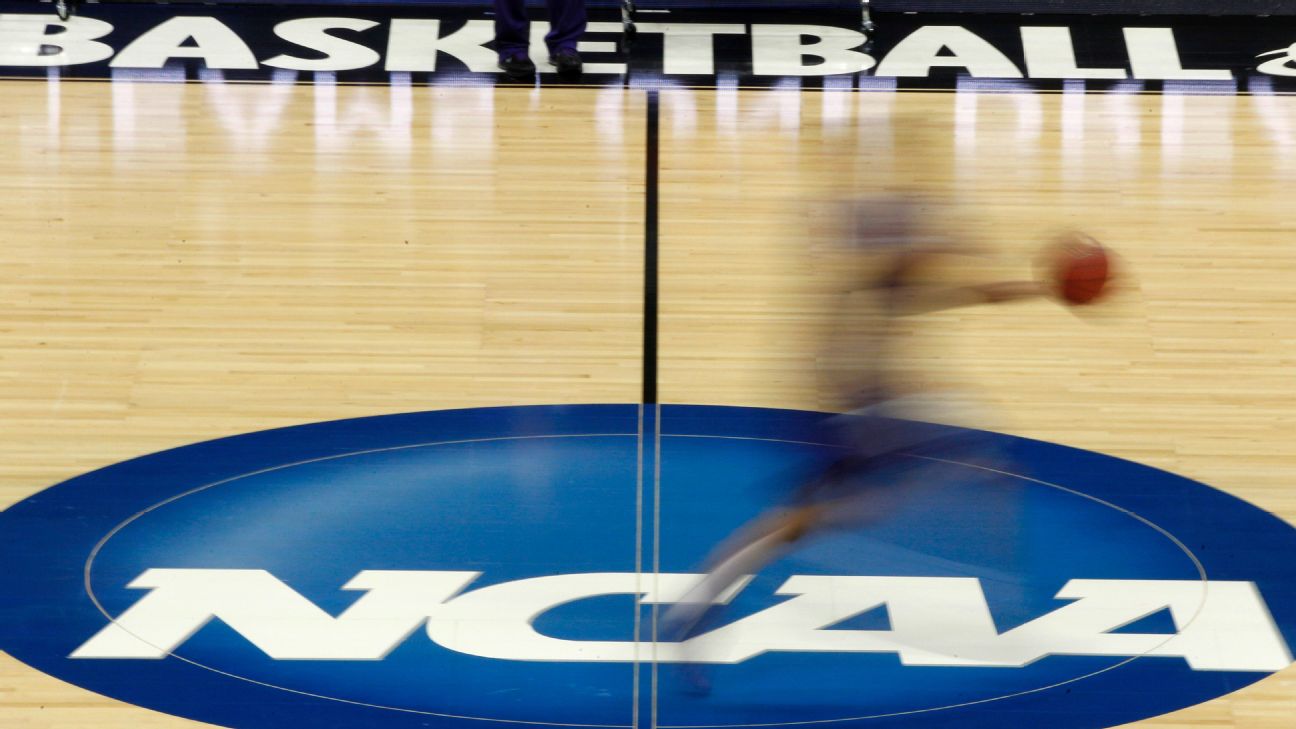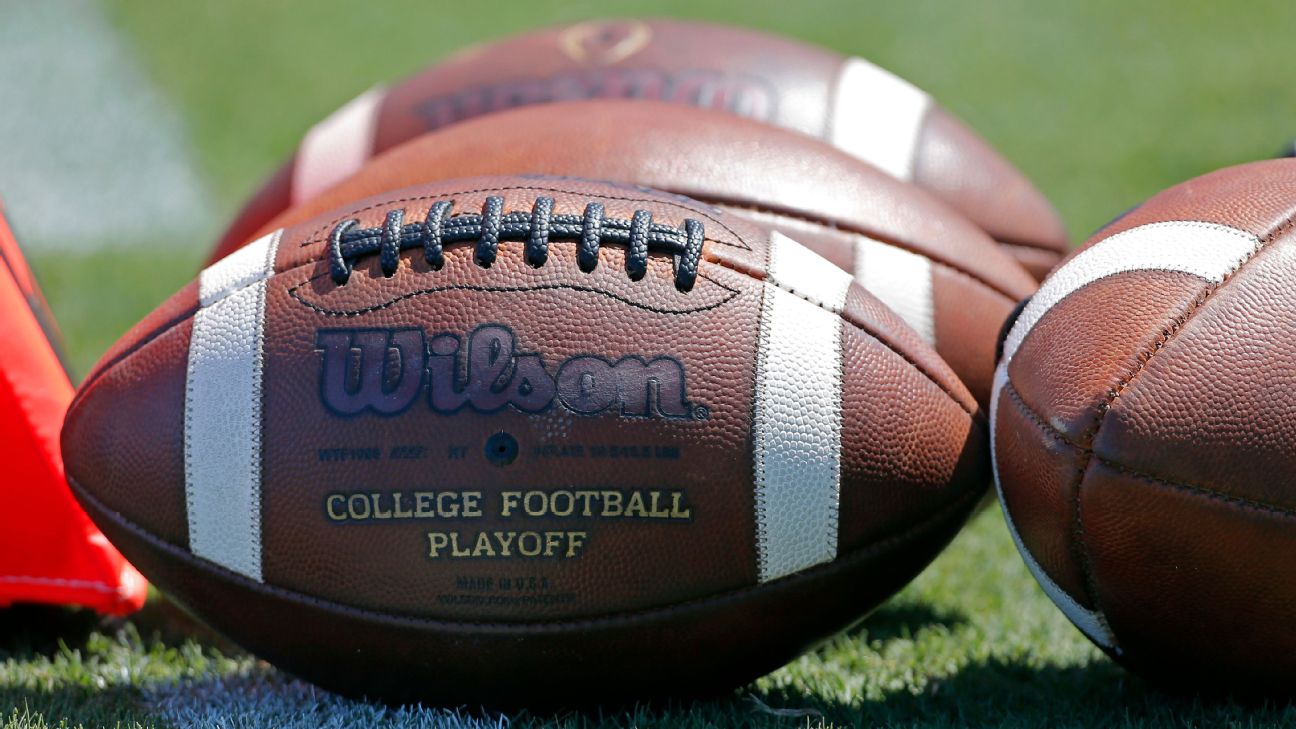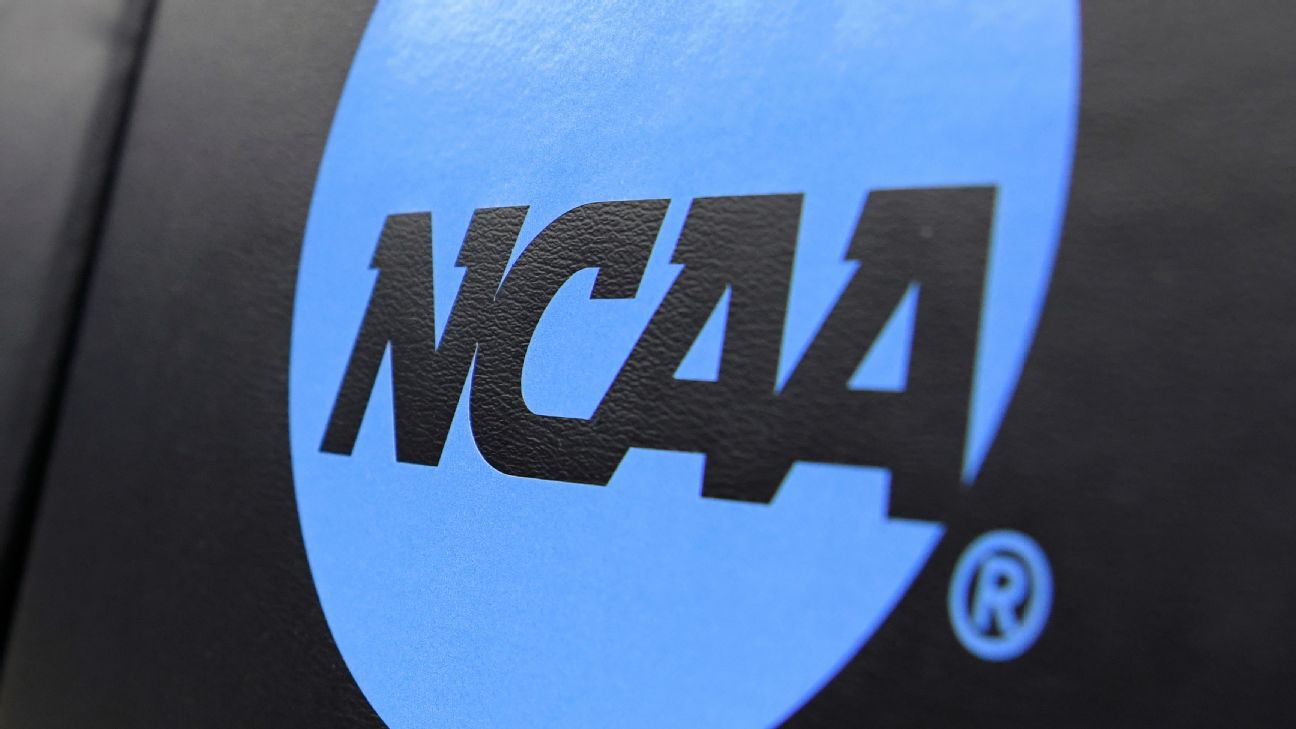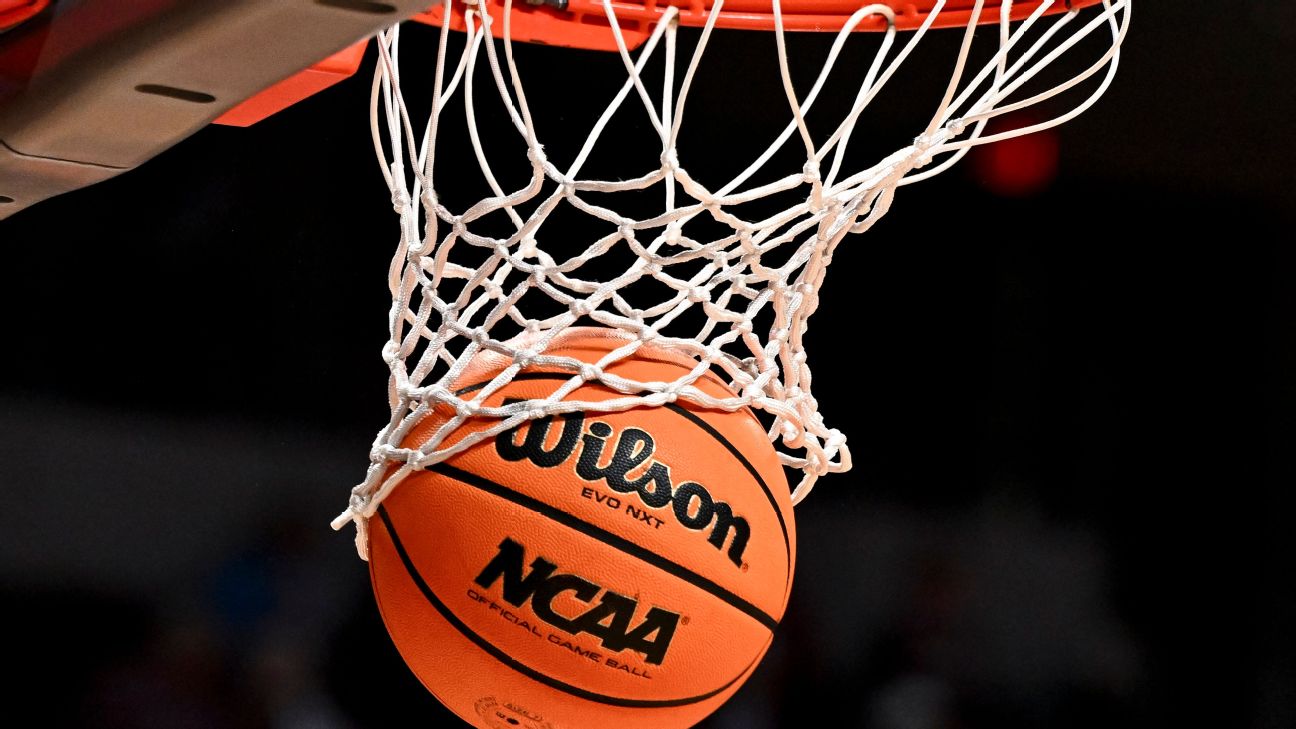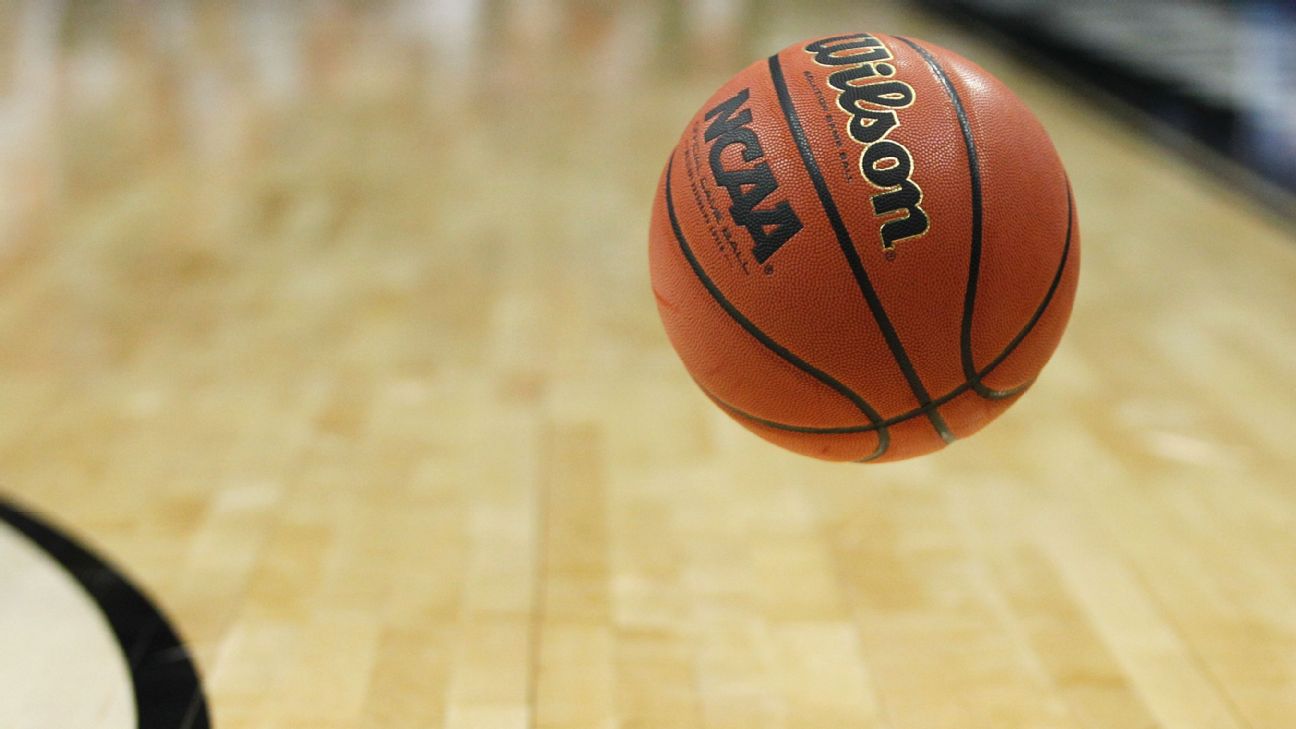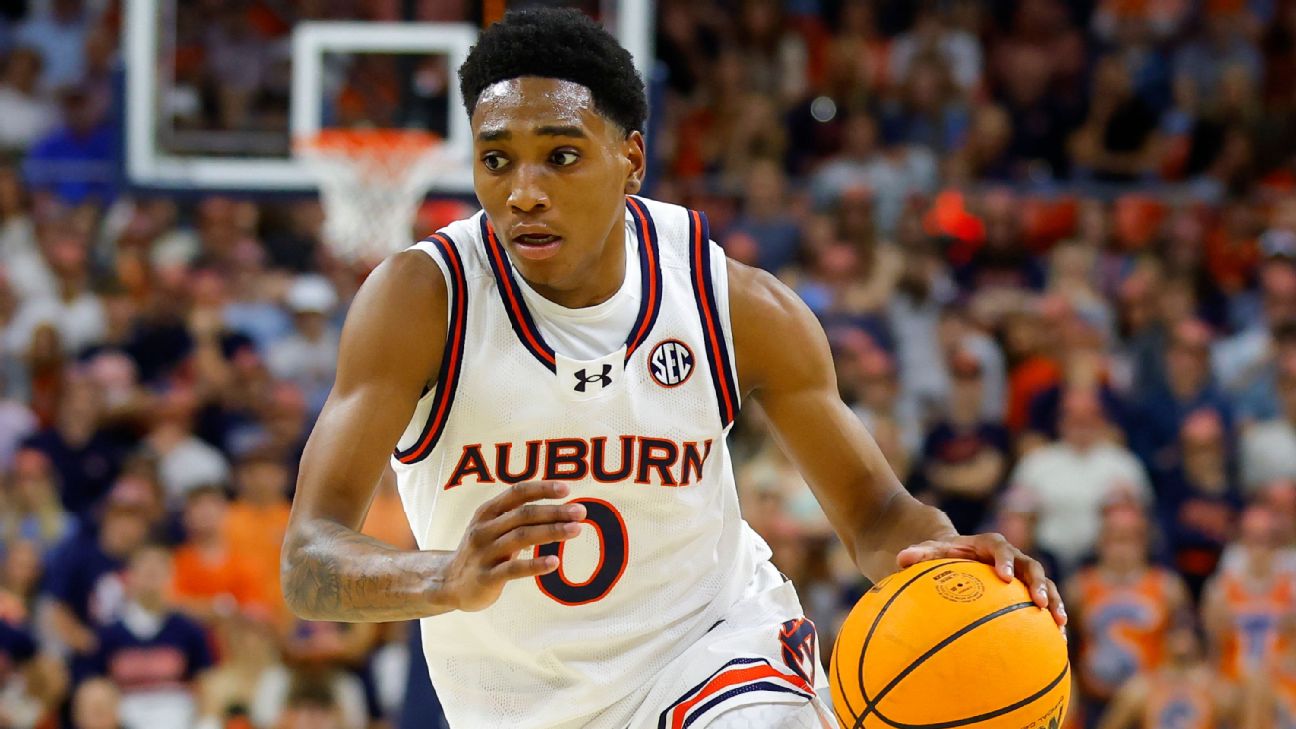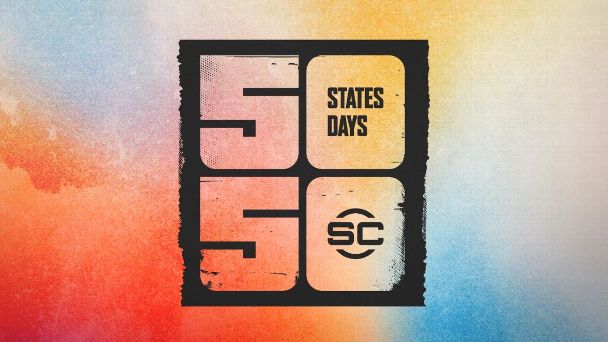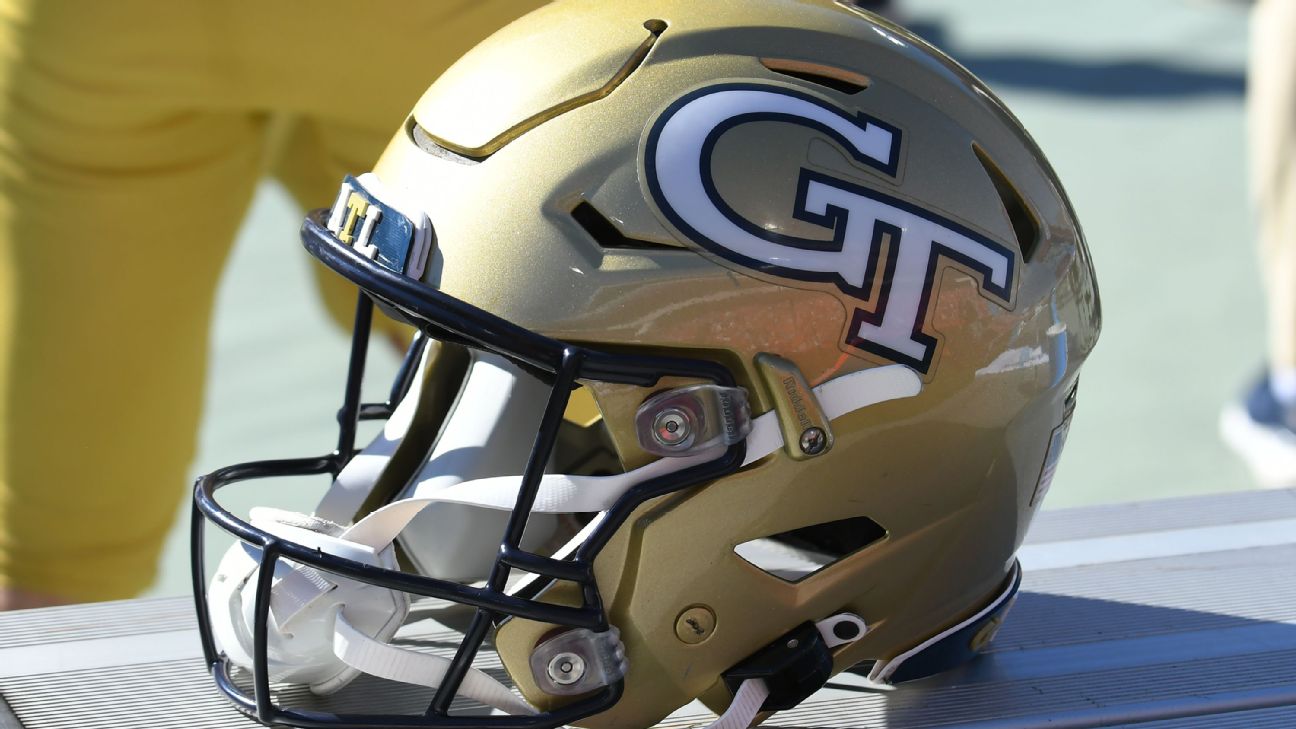Mastering March Madness: The Strategic Differences Between Betting and Bracket Filling
Explore the key differences between betting on the NCAA tournament and filling out brackets, and learn how to maximize your success with strategic insights.
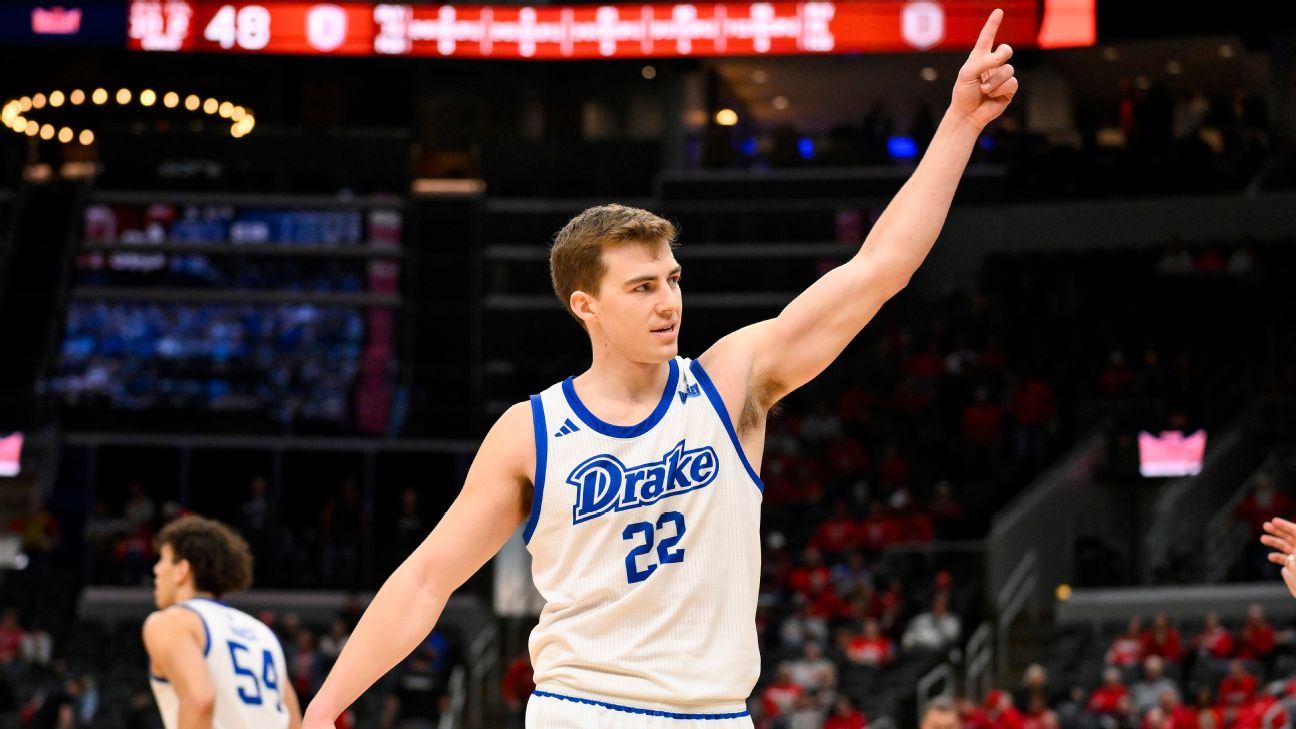
March Madness isn't just about basketball; it's about strategy, surprises, and increasingly, sports betting. With legalized sports betting expanding across the country, more people than ever are placing bets in addition to filling out their brackets. While some might assume that betting and filling out a bracket require the same approach, in reality, they are quite different.
One Opponent vs. Many
One of the biggest differences between betting on the NCAA tournament and filling out a bracket is the type of competition. When you enter a bracket challenge, you're competing against multiple people -- sometimes just a few friends in a small league, other times millions of entries in a nationwide contest like ESPN's Tournament Challenge. To win, your bracket needs to outperform all others, which often means taking some calculated risks.
On the other hand, when placing a bet, your only opponent is the sportsbook. This changes the approach entirely. For instance, in a bracket, you might take a chance on a trendy 14- or 15-seed pulling off an upset simply because it could give you an edge over competitors in your pool. However, with a bet, you don't need that underdog to win outright -- you could instead wager on them covering the spread, meaning they just need to keep the game close. This provides a layer of protection that bracket picks do not.
Flexibility Matters
Playing the brackets requires you to make all of your picks before the tournament even begins. That means you're locked into your selections no matter what unfolds -- whether it's a key player suffering an injury, a team drawing a tough matchup or simply underperforming when it matters most.
Sports betting, however, provides flexibility. You can wager on a round-by-round basis, adjusting your strategy based on how teams are performing. If a team you initially believed in shows weaknesses or loses a star player, you can pivot and change your strategy.
One particularly useful betting approach is a moneyline rollover, which offers protection that a bracket cannot. Instead of placing a futures bet on a team to make a deep run or entering a high-stakes bracket contest, you take the money you would have spent on either and bet it on that team's first game moneyline. If that team wins, you roll over your winnings to its next game, repeating the process for each round. This allows you to back out if circumstances change, unlike a bracket where you are stuck with your original predictions.
Attention to Details
One of the biggest advantages sports betting offers over filling out a bracket is the ability to specialize. When picking a bracket, you're often backing a team for a general reason -- maybe they have an elite offense, a stifling defense or a star player capable of carrying them deep into the tournament.
With sports betting, you don't have to rely on a team winning or losing -- you can wager on specific aspects of a game. For example:
- Player Props: If you believe a mid-major underdog will push a top seed because of an elite scorer, you can bet on that player's points prop rather than the team itself. Even if the underdog loses by 20, you still win your bet if that player hits their scoring target.
- Game Totals: If you expect a game to be fast-paced, instead of backing a team outright, you could bet on the game total (over/under points) or a specific team's total points.
- Against the Spread: If you think a team will keep it close but aren't confident it will win, you can take it against the spread, meaning it just needs to lose by fewer points than the set line.
These types of details allow bettors to capitalize on their insights without always being at the mercy of which team wins, unlike in a bracket where the only outcome that matters is the selected team advancing.
Using Bets to Hedge a Bracket
Another strategic advantage of betting is its ability to hedge your bracket picks. If you're in a strong position in your bracket contest heading into the later rounds but face a situation in which a different team winning could cost you the top prize, you can place a bet on that team to ensure a profit either way.
For example, if your bracket has Team A winning the championship but your competitors have Team B, you could place a bet on Team B. If Team A wins, you win your bracket contest. If Team B wins, your bet cashes, mitigating your loss. In some cases, if Team B is an underdog and covers the spread but still loses, you could win both your bet and your bracket, maximizing profit.
Final Thoughts
If filling out a bracket is like playing with pawns in chess -- where you must commit to a forward path with little flexibility -- sports betting is like controlling the queen. You have multiple paths to success, the ability to move in different directions and the opportunity to adapt to new circumstances as the tournament unfolds.
This is what makes betting on the NCAA tournament a completely different skill from filling out a bracket. While both require knowledge, strategy and luck, betting can offer more flexibility and opportunities for success.












